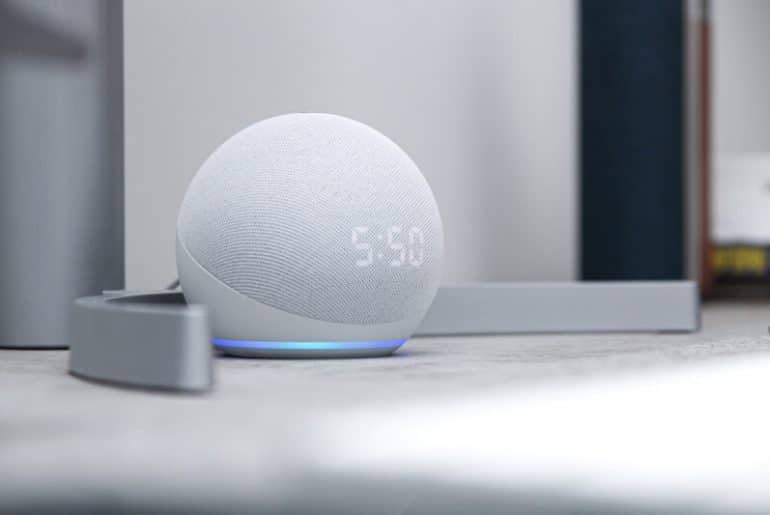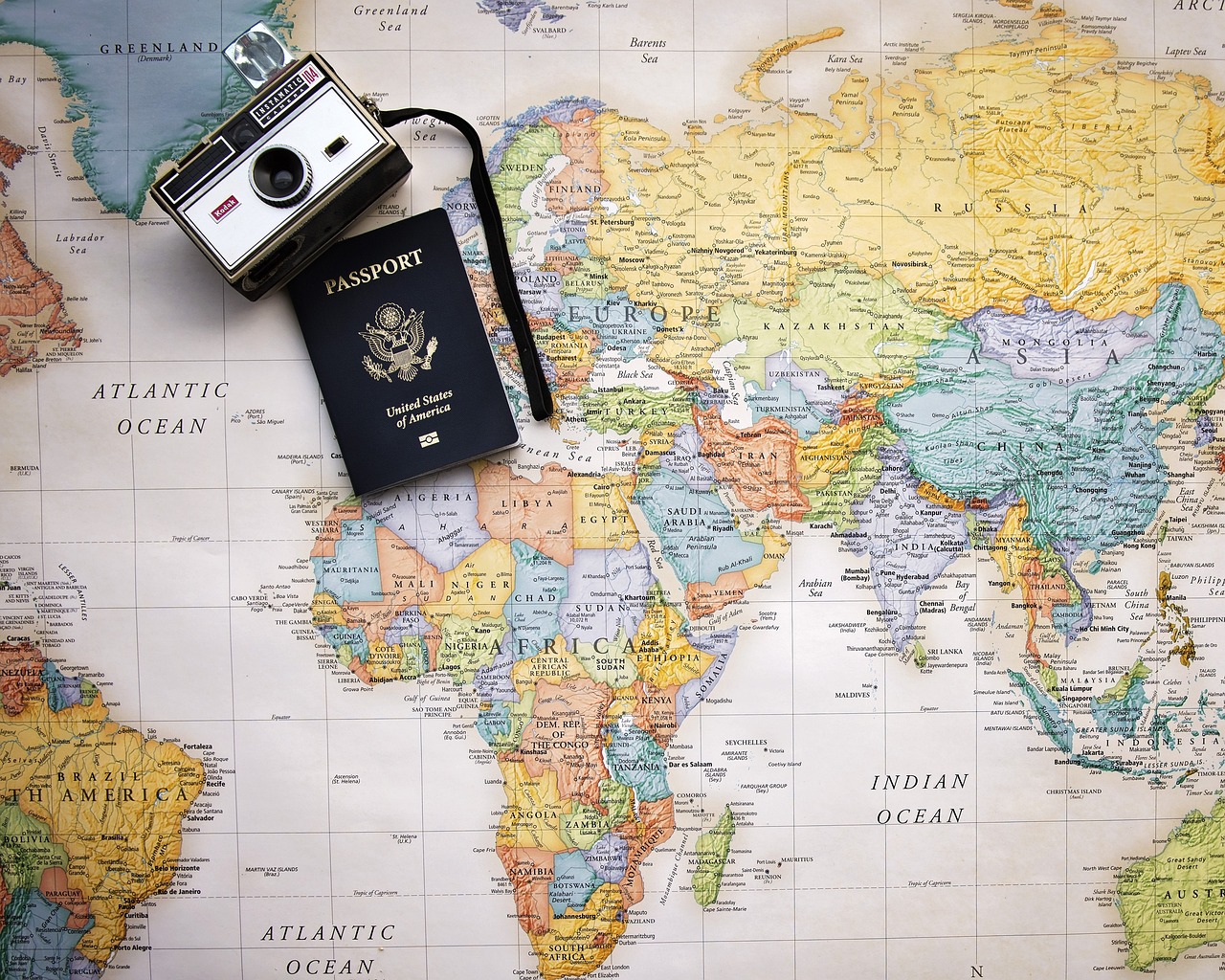In recent years, tech use in the hotel sector has gained traction. In addition, disruptive trends in the industry have come to light thanks to recent scientific advancements and, of course, the pandemic.
The yearning to go still exists after two years of solitude. We still want to travel, but our preferences for how to travel have changed.
Nowadays, people prefer self-service versus waiting to be served. Thanks to technology, they expect every process step to be simple and easy, from contactless check-in and a digital concierge available around the clock to online planning and booking.
The hospitality IT revolution is accelerating quickly due to the demands of today’s computer-savvy, hygienic travelers. Companies risk missing the boat if they don’t act swiftly to satisfy changing needs. In this article, we talk about the technology trends in the hospitality industry that have emerged in the post-pandemic era.
Impact of the COVID-19 pandemic on the hospitality industry
Digital technology has grown in importance as a component of corporate success because, like the rest of the globe, the hospitality sector was compelled to go online to combat the epidemic and avoid in-person crowds.

Social and physical distance establishment has drawn the hospitality sector’s attention to the digitalization of many facets. Globally, many hotels, tourist locations, and other hospitality-related businesses now engage with guests and potential clients online and advertise various holidays through social media.
One of the industry’s most important technological breakthroughs is marketing tools. Marketing tools have emerged with the growth of content development. For example, in the planning stage of the tourism sector, the usage of websites like Expedia, Booking.com, Airbnb, Google Maps, and others has become crucial. In addition, businesses in the industry now engage with suppliers, clients, contractors, and other business partners via digital platforms.
In the attempt to build a more individualized, secure, and practical environment, the industry has seen the emergence of artificial intelligence. As a result, and due to the epidemic, new digitalized goods and services have been developed, including online menus, 3D virtual travel, service robots, butler robots, digital guidebooks, menus, keycards, and travel planning apps among others.
The development of contactless technology, intended to keep travelers safe and give them instant access to assistance and information through digital services like contactless check-in, mobile applications, and concierge support through WhatsApp, has been the main driver of the industry’s growth. These innovations make it feasible for tourists to feel secure and comfortable, which allows them to enjoy their trip.
Technology Trends Redefining the Hospitality Industry Post-Pandemic
The pandemic has wholly altered the hitherto manual business by eliminating time-consuming procedures with copious paper trails and streamlining the booking and travel process.
Website Chatbots
Chatbots on websites are becoming essential for every hospitality company. Hotels can use chatbots to provide 24/7 customer service and direct more complex inquiries to the next available staff member.

As a result, customers receive quicker responses, and staff members can return to the initial chat’s data. Even larger hotel companies are using artificial intelligence (AI) to monitor their social media channels and make their chatbots seem more realistic.
Tours in Virtual Reality
It can be challenging for vacationers to picture their upcoming holiday rental before they depart. So how can hotel owners effectively describe to potential customers the carefully managed charm of their small Santorini hotel?
Companies can now provide prospective customers with first-person digital tours of their area by utilizing VR (virtual reality). For example, an immersive virtual tour of the Atlantis Dubai hotel highlights its key features.
Keyless Entry Systems
Consumer demand for keyless entry devices, including smartphone-activated doors and locks that use facial or fingerprint recognition technology, has increased due to the pandemic.

Losing the room key is typical, but it might soon be history. In addition, hotels won’t have to replace lost keys because guests won’t have to bother asking for the key at the front desk.
IoT for Modifying and Controlling Rooms
IoT (Internet of Things) equips hoteliers to stay up with the trend toward efficiency, sustainability, and customization. For example, IoT technology enables visitors to customize room settings, including lighting and temperature, when put in a hotel room or short-term rental. They can even minimize energy usage by automatically turning off the lights while no one is in the room.
With IoT, hotels can anticipate visitors’ demands in addition to personalizing the experience for them. For example, imagine returning to a room set at 70 degrees from a night out with the bedside lamp and scented diffuser. IoT can collect complex data to build these clear spaces.
Voice Command
More consumers are utilizing voice search and online assistants like Google Assistant, Apple’s Siri, Amazon’s Alexa, and Bixby on Android, thanks to recent advancements in voice recognition technology.

Voice-controlled accommodations allow visitors to avoid frequently touched items like light switches and thermostats. The visually handicapped, those with arthritis, and those who are physically incapable can all benefit from voice control. Additionally, guests can ask the voice assistant in their room to draw a bath, drink a bottle of wine, or start streaming entertainment after a long flight.
Robotics
One of the most intriguing technological developments in housekeeping is the employment of robotics. The pandemic has changed the notion of deploying robotics from a novel concept to one that is incredibly practical. For example, the risk of Covid spreading can be decreased by using robots to deliver contactless room services and clean rooms.
Going Contactless
How we view hygiene has undergone one of the most significant transformations in the hospitality sector. However, considering governmental constraints and individual concerns, hospitality businesses cannot afford to fall short.

According to a Stayntouch/NYU Tisch Center of Hospitality Report, contactless technology adoption—including self-check-in, in-room technology, mobile keys, and digital payments—rose by 66 percent during the pandemic. Moreover, it is anticipated that this number will keep increasing through 2022.
Many hospitality businesses switched to contactless check-in/check-out in the wake of a pandemic-related labor shortage to lessen employee dependence.
Robotic receptionists, facial scan check-in, voice guest control, robot deliveries, and robot concierge assistants are quickly replacing human-to-human interaction services.
Conclusion
While technology cannot wholly erase human interaction in the hospitality industry, adapting to the post-pandemic technologies may allow hotel staff to focus more on giving customers a personalized experience.
Some customers may demand the latest technology, but others prefer human contact. Players in the hospitality business are left to decide which technology works for them while giving customers the luxury of choosing their preferences.



